Iran’s IRGC launches attack against positions of terrorists in Iraq’s Erbil
Iran’s Islamic Revolution Guards Corps (IRGC) has targeted and destroyed positions of terrorist groups operating near the country’s western borders in Erbil, the capital of Iraq’s semi-autonomous Kurdistan region.
According to a statement published by Sepah News, the IRGC’s Ground Force launched the attack on Wednesday morning. It did not elaborate on the type of the attack, but Iran’s Tasnim news agency reported earlier that the terrorist bastions had been targeted by artillery fire.
The IRGC said its ground forces had earlier arrested all five members of a terrorist team who were planning to carry out mischievous activities on Iran’s soil. It said they were arrested in Baneh city of the country’s Kordestan Province.
Confessions made by the detained terrorists led to the IRGC’s attack on the positions of the terrorists on Wednesday morning, the statement added.
Iran has on countless occasions warned Iraq’s semi-autonomous Kurdistan region that it will not tolerate the presence and activity of terrorist groups along its northwestern borders, saying the country will give a decisive response should those areas become a hub of anti-Islamic Republic terrorists.
Back in September last year, the IRGC launched an attack in northern Iraq, where it destroyed four bases belonging to hostile groups.
“Counterrevolutionary groups have been organized by intelligence services of hostile and foreign countries and even some Arab states in northern Iraq” to be used “in line with [achieving] their goals and creating obstacles in the way of the Islamic Republic,” the deputy commander of the IRGC Ground Force’s Hamzeh Seyed al-Shohada Base in northwestern Iran, Brigadier General Majid Arjmandfar, said at the time.
In March, the IRGC fired a dozen ballistic missiles that hit a secret Mossad base on the Masif-Saladin Street in Erbil in the Kurdistan region. The attack reportedly killed and injured several Israeli operatives.
Iran’s permanent mission to the United Nations has written to the UN secretary-general and the head of the Security Council, saying Tehran “reserves its inherent right to self-defense, under Article 51 of the United Nations Charter, to respond to such criminal act whenever it deems appropriate.”
Mali, Burkina Faso impose reciprocal travel bans on US citizens
VIDEO | Winter deepens suffering of displaced families in northern West Bank camps
Probe reveals suspiciously ‘precise’ Israeli airstrike killed 15 family members in S Gaza in 2024
VIDEO | Trump, Netanyahu against Iran
UNRWA chief warns Israeli restrictions will deepen Gaza crisis
China's factory activity snaps record slump
VIDEO | Iranians rally in support of Islamic Republic
Israel begins demolition of 25 homes in West Bank refugee camp


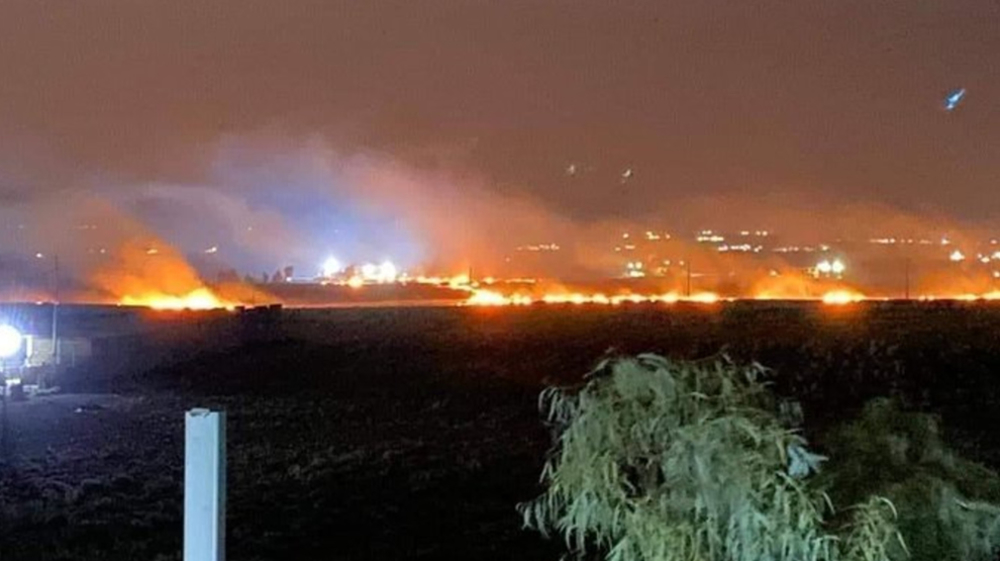
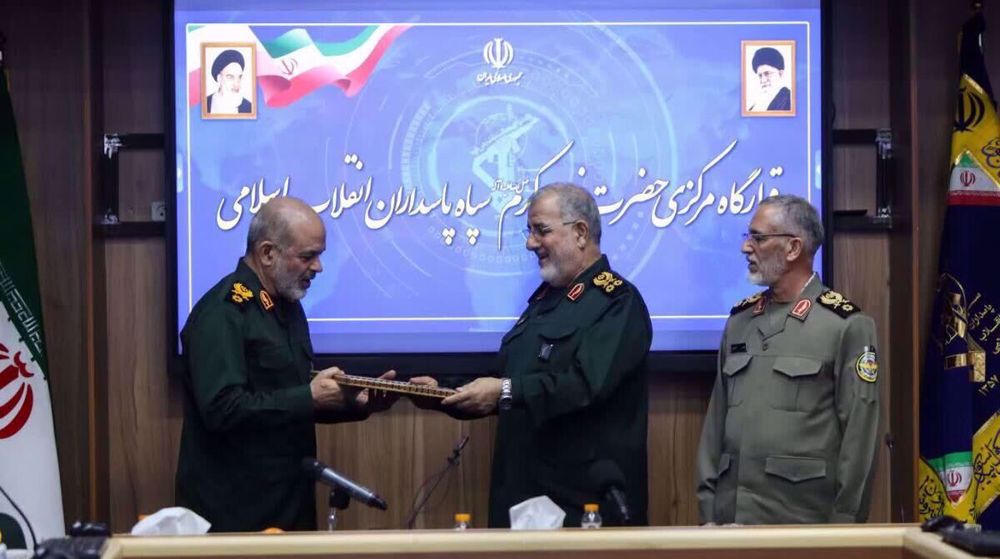
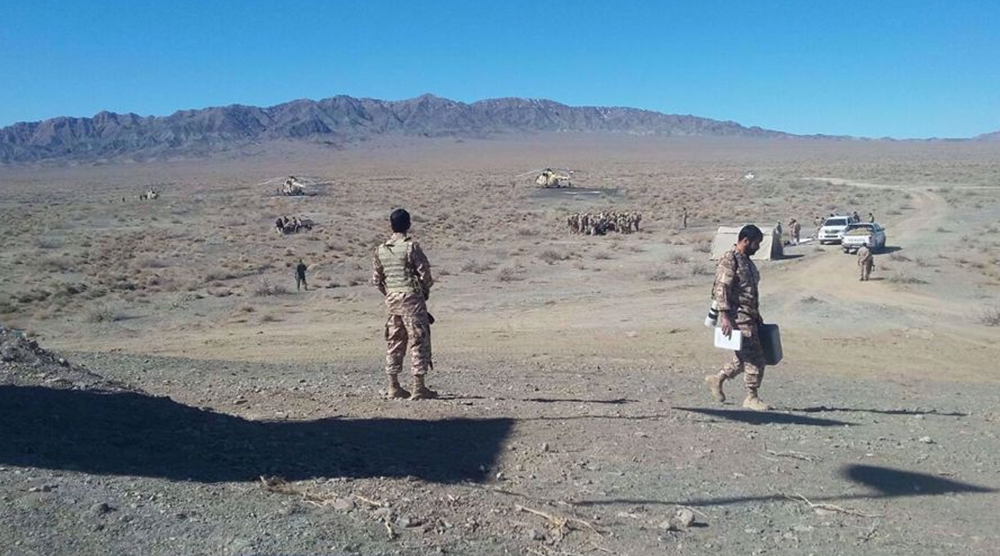
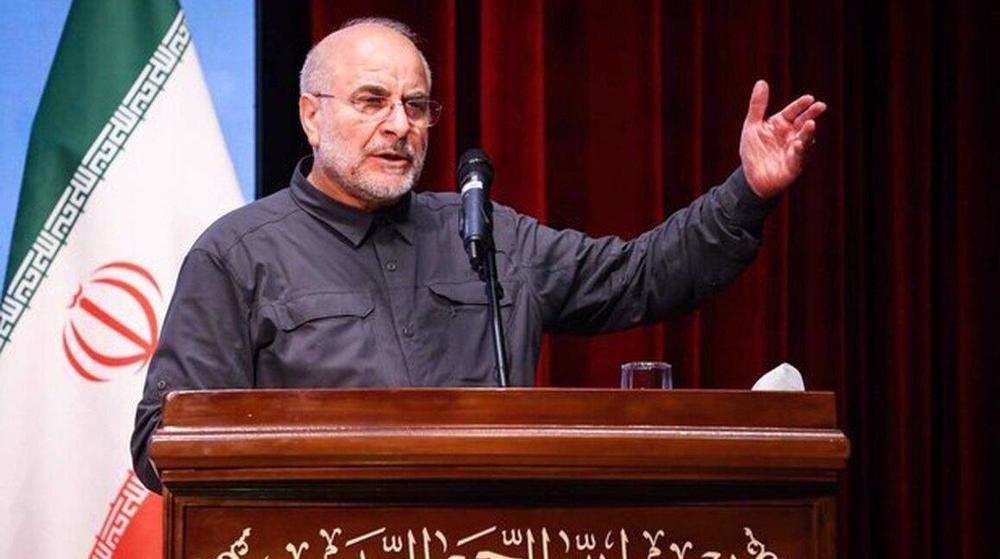



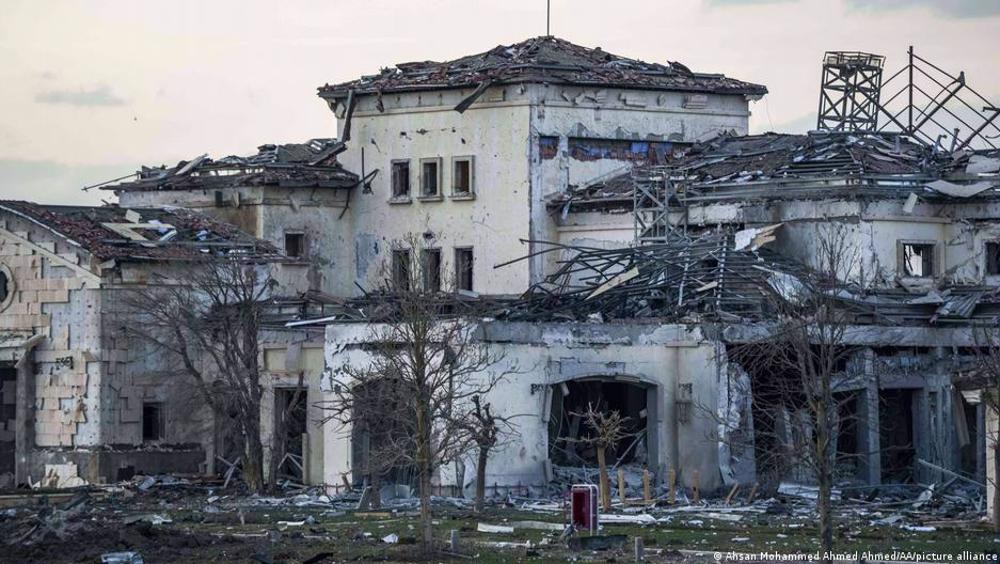
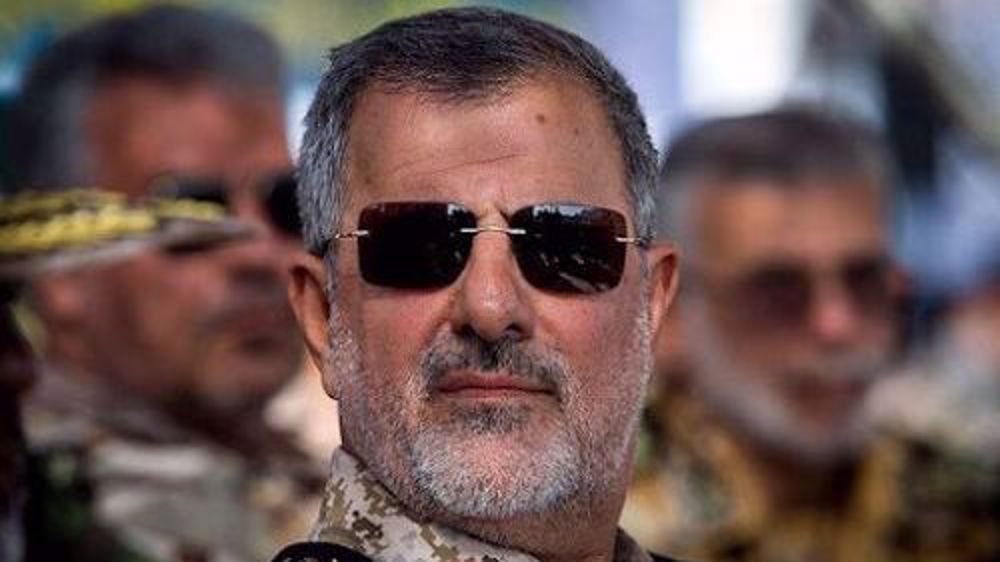
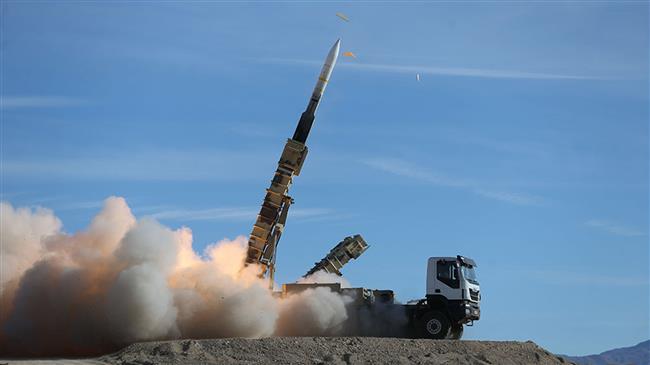

 This makes it easy to access the Press TV website
This makes it easy to access the Press TV website